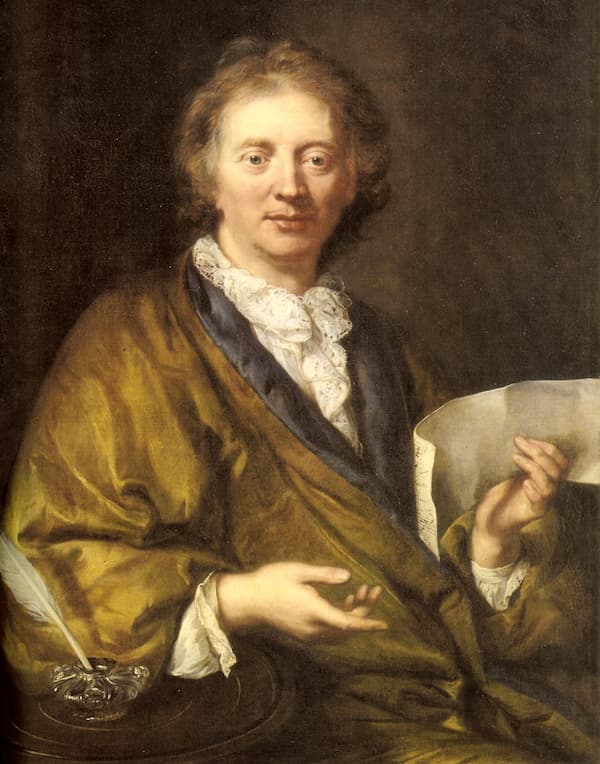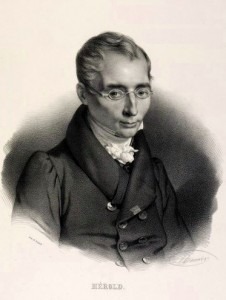
Ferdinand Hérold by Louis Dupré, Paris, c. 1830
“What about these composers?” I said, pointing to sheet music by Weber, Rossini, Mozart, Beethoven, Haydn, Meyerbeer, Hérold, Wagner, Auber, Gounod, Victor Massé, and a number of others scattered over a full size piano–organ, which occupied one of the wall panels in this lounge.
“These composers,” Captain Nemo answered me, “are the contemporaries of Orpheus, because in the annals of the dead, all chronological differences fade; and I’m dead, professor, quite as dead as those friends of yours sleeping six feet under!”
Verne’s 1870 novel, initially serialized from March 1869-June 1870, has become one of the era’s leading adventure novels and is considered one of Verne’s greatest works. In looking at the list, we have the ‘international’ composers of the day: Weber, Rossini, Mozart, Beethoven, Haydn, Meyerbeer, and Wagner, but then a couple of composers representing the France of Verne’s day: Hérold, Auber, Gounod, Victor Massé.
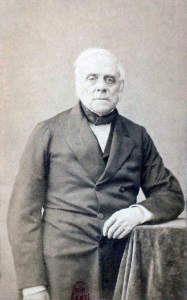
Auber, by Nadar (ca. 1860)
Hérold: Zampa: Overture (BBC Philharmonic Orchestra;
Yan Pascal Tortelier, cond.)
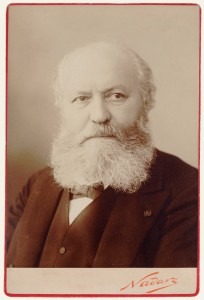
Charles Gounod, by Nadar (1890)
Auber: La muette de Portici: Overture (Polish National Radio Symphony Orchestra; Richard Hayman, cond.)
Charles-François Gounod (1818-1893) is yet another opera composer, his Faust and Roméo and Juliette being still in the repertoire.
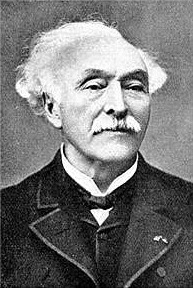
Victor Massé
And that leaves us with the least familiar name on the list: Victor Massé (1822-1884). He was yet another opera composer, best known for his comic opera Les noces de Jeannette, who, in the 1870s setting of the novel, still had some of his best work ahead of him.
Massé: Les noces de Jeanette: Au bord du chemin qui passe à ma porte (Joan Sutherland, soprano; Swiss Romande Orchestra; Richard Bonynge, cond.)
And so what does all of this tell us about Jules Verne?
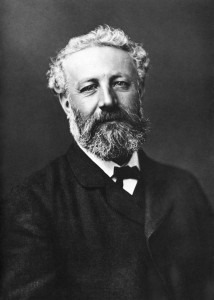
Jules Verne, by Nadar (ca. 1878)
Haydn: Il mondo della luna, Hob.XXVIII:7: Sinfonia (Czech Chamber Philharmonic Orchestra, Pardubice; Michael Halász, cond.)
That the music was found on Captain Nemo’s ‘piano-organ’ leaves us with a bit of a puzzle as to what the instrument might have been – later in the novel it’s described simples as an ‘organ.’ Nonetheless, through the novel we are left with the impression of an accomplished player who could tackle the leading operatic works via the keyboard. Now if we could only get a bit of contemporary music into modern sci-fi novels……

